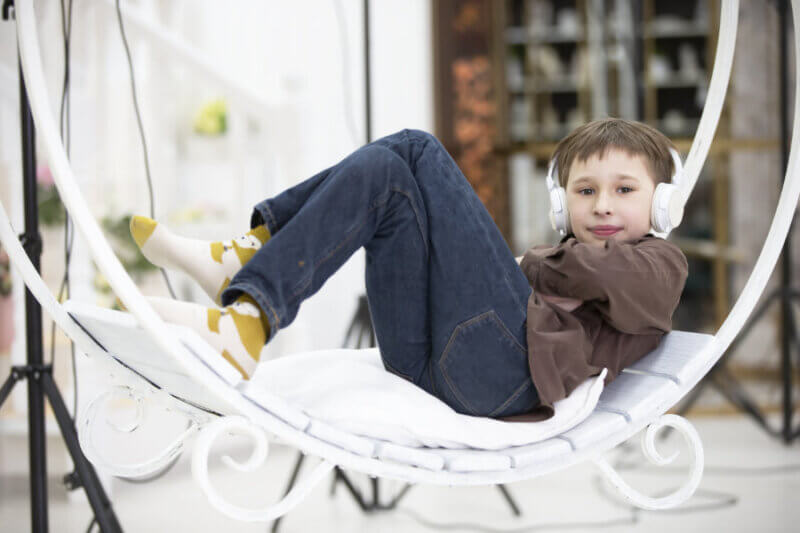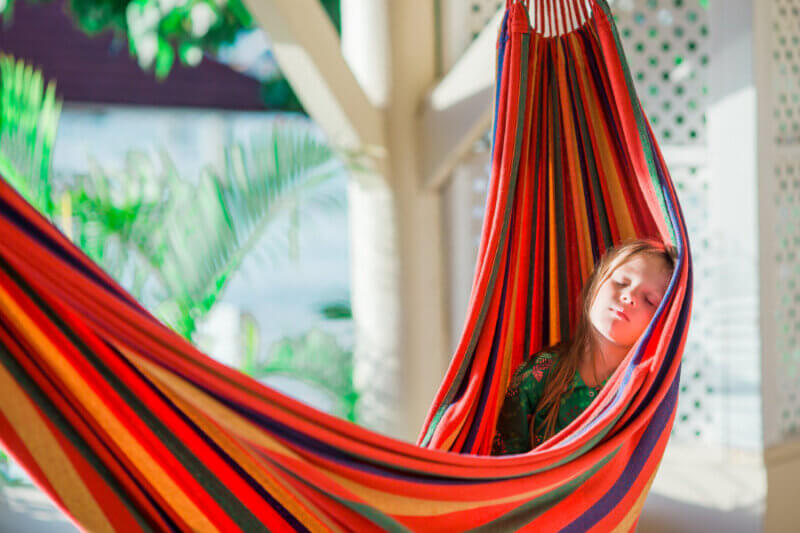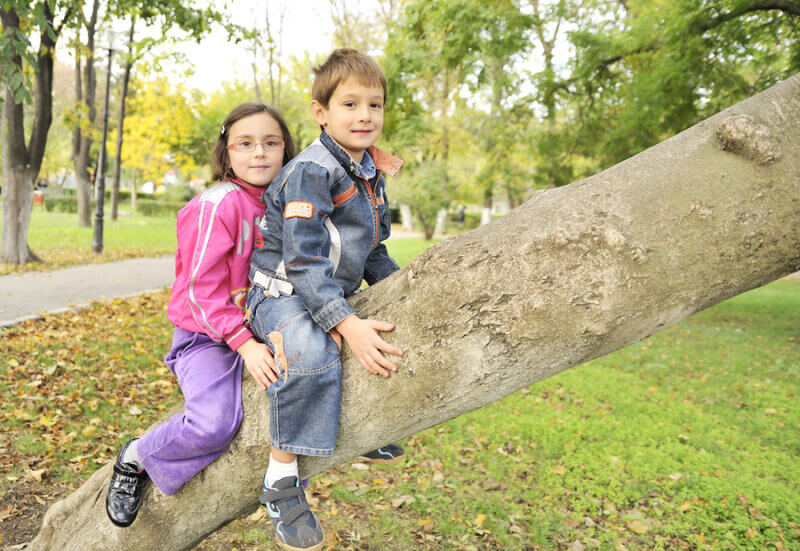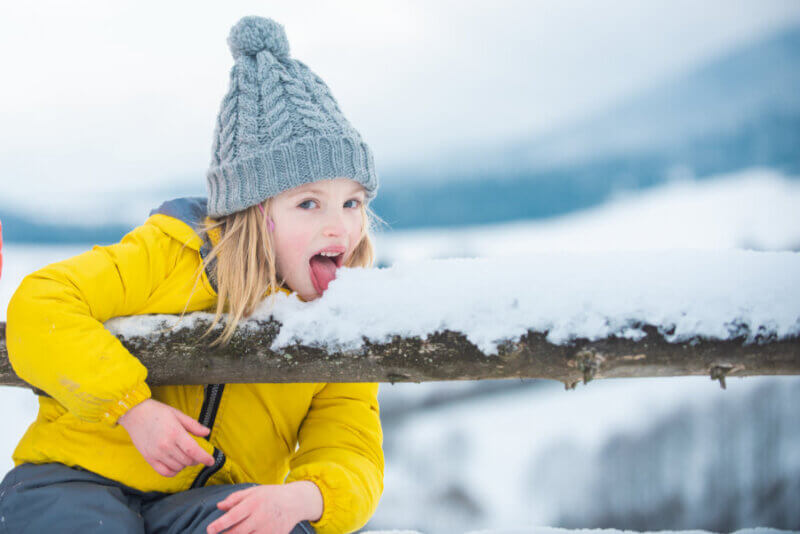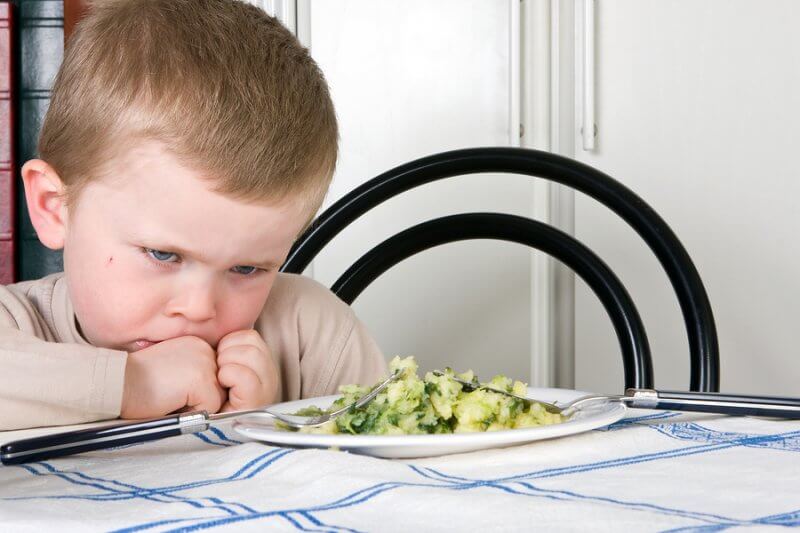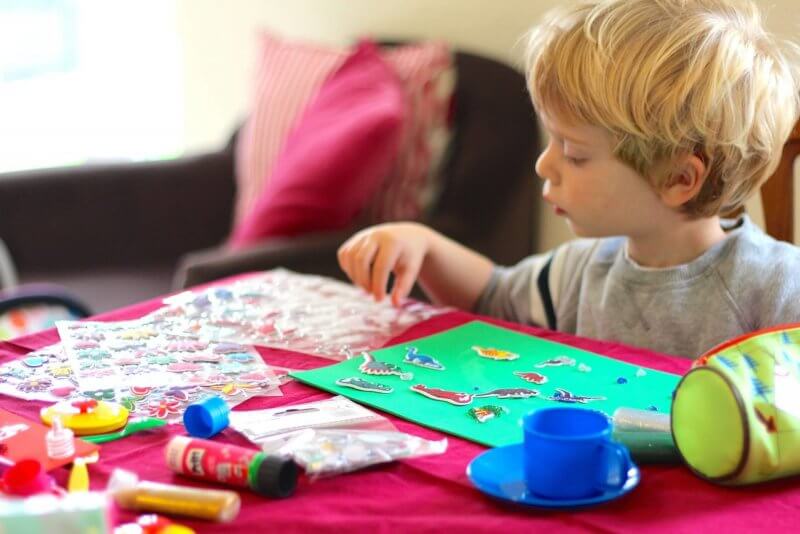Sensational Summer – Sensory and Movement Activities to Reduce Stress and Improve Sensory Processing
In my last blog post, Coping with Changes in Routines, I talked about ways to support an autistic person with changes in the summer schedule and routines. Summer is also a great time to explore the outdoors, try new sensory activities and enjoy a more relaxed pace. Let’s explore some sensory activities that can help reduce stress while improving sensory…






